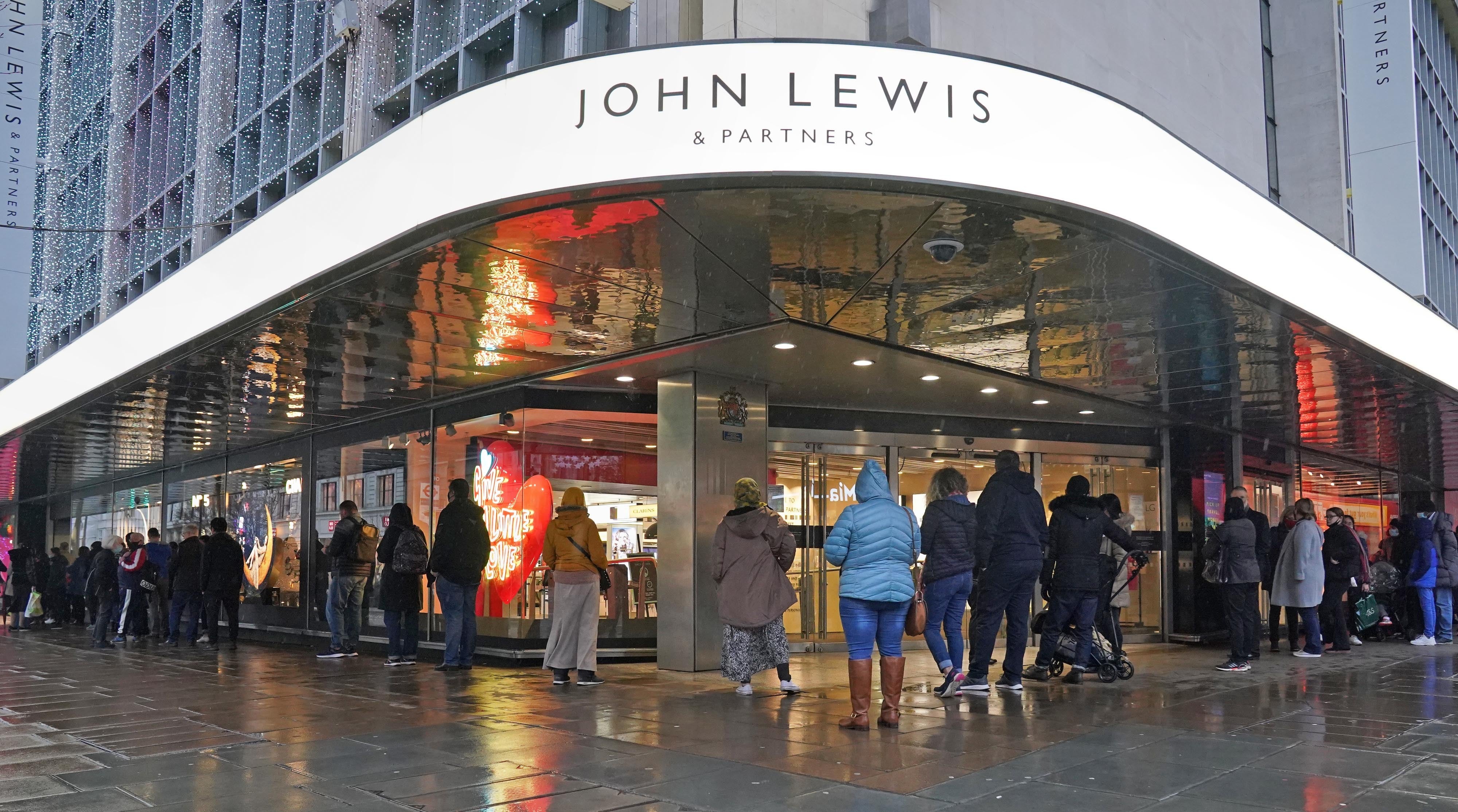John Lewis boss says over 50s need to go back to work to solve labour shortage
Government should consider ‘flexible retirement’ to entice people back into work, she says

The head of John Lewis has encouraged people over-50 who retired after the pandemic to return to work in a bid to solve critical labour shortages.
Dame Sharon White blamed the current record-high inflation in the UK on the “great resignation” of one million workers.
“Regardless of what is happening coming out of Covid, if the labour market is that tight, if we continue to have far fewer people in work – or looking for work – you have inevitably got more inflation and wage inflation,” she told BBC Radio 4’s Today programme on Tuesday.

It comes as almost a fifth of UK workers said they expect to leave their job for a new employer in the next 12 months, PwC found in May.
And the Office for National Statistics (ONS) found that around one million people in the UK have left work since the start of the pandemic. Those who resigned aged between 50 and 70 cited retirement as the most popular reason.
The former second permanent secretary at the Treasury added the labour shortage is also having major long-term implications for businesses struggling to fill jobs.
Dame Sharon encouraged the government to think of alternative ways of bringing people into work.

“Maybe it is flexible retirement to allow more people to combine more time outside work but more time in work,” she said. “
One million people out of the labour market has profound long-term implications and I’d like there to be more of an open debate.”
John Lewis, which also owns supermarket chain Waitrose, revealed it double its support fund for employees from £400,000 to £800,000 with a combination of grants and some loans for staff in financial difficulty as the cost of living crisis deeepens.
“As a company we are trying to balance how our partners cope with the cost of living with affordability considerations,” Dame Sharon said.
“But we have to be mindful of ensuring jobs and the sustainability of the business, as well as the potential wage-inflation spiral and the impact that would have on businesses and the wider economy.”




Join our commenting forum
Join thought-provoking conversations, follow other Independent readers and see their replies
Comments